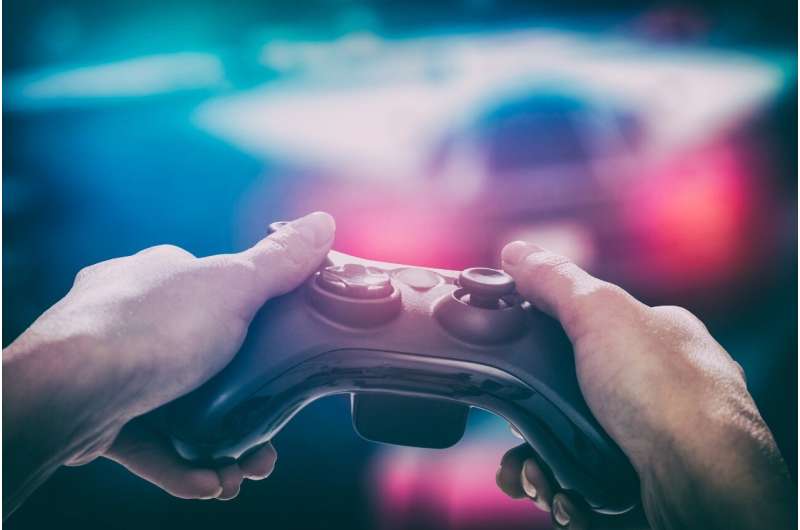Credit: ThinkStock/scyther5
The onset of the COVID-19 pandemic has created disruptions to our lives in ways unforeseen just a few weeks ago. The virus's devastating impact has taxed the health care system at unprecedented levels, with reported cases nearing 100,000 in the US and the death toll climbing daily. Meanwhile, over three million Americans filed initial jobless claims at the end of March and the stock market continues unpredictable swings.
This ongoing devastation has surely affected all of us, albeit in vastly different ways. But the coronavirus has undoubtedly exposed, and surely undermined, a fundamental part of our make-up: The need for control.
"We like being in control, and believe we know ourselves better than other people know us—which leads to the belief that we know best how to design our day," writes Emily Balcetis, an associate professor in NYU's Department of Psychology, in her book, Clearer, Closer, Better: How Successful People See the World.
The work unpacks research she and others have conducted in vision science, cognitive research, and motivational psychology to unveil the habits and practices that successful people use to meet their goals.
During a time when we can't control many aspects of our lives, Balcetis offers some insights, based on existing research, that may help us better cope with, and understand, current circumstances.
Stress can be an asset
Emory University's Diwas Singh KC has found that when the demands on ER doctors increased, they doubled down and worked faster because adding to workload can create low levels of stress that actually assist in cognitive functioning. When we experience something new, unpredictable, or out of our control, our bodies respond by producing hormones like cortisol, adrenaline, and noradrenaline that impact the functioning of our hippocampus, amygdala, and frontal lobes. These brain structures are the most important for learning and memory. Calling on these brain areas to get to work may in fact help us do our jobs better than we would if we weren't stressed out.
Avoid multitasking when you're tackling something new
At this moment, we're likely embarking on tasks we haven't undertaken before—from wiping down our groceries and trying to keep our hands sanitized at every turn to learning how to work and teach remotely. It's important to recognize our limits in these circumstances. So, when trying something we haven't done much before, we're better off staying focused on the here and now—and momentarily blocking out other responsibilities. In other words, scale back on the multitasking. We know that performance declines during multitasking because it takes additional time to remind ourselves where we left off in the original activity, and sometimes we never return to finish the job at all.
Embrace the science—and not the "magical thinking"
There's a part of our mental machinery that social psychologists have labeled the "psychological immune system." Similar to our body's immune system, our minds have ways of maintaining and improving our mental health. However, this should not be confused with, or substituted for, practices known to yield actual health benefits. Our psychological immune system can be beneficial in some circumstances—helping us to build confidence in rocky times, for instance. But, it can quickly delve into "magical thinking," leading us to take measures that have no real value, such as donning face masks when we are not sick or when we are not caring for those who are—taking away from the limited supply of personal protective equipment available to healthcare workers who need them to keep us safe and alive. These days, we need to recognize the limits of our "psychological immune system" and turn to measures that will benefit our physical one, such as rigorous hand-washing and social distancing.
Provided by New York University
























